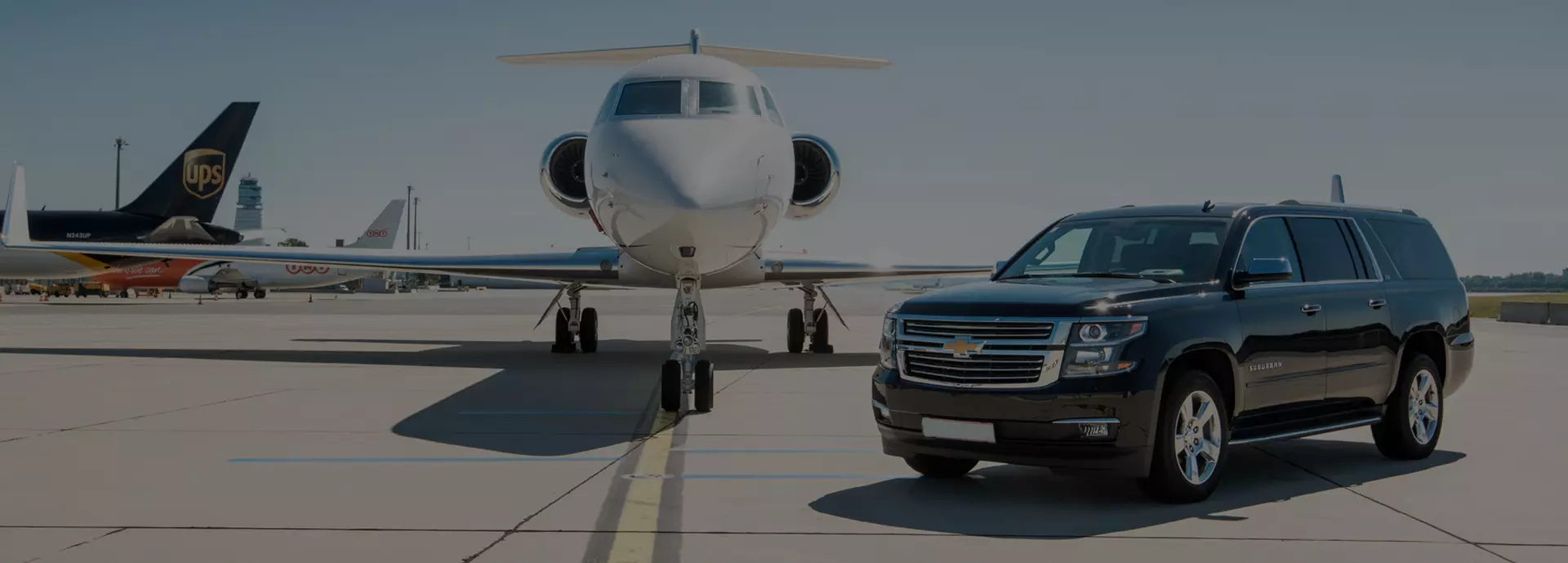Good news for those who confuse "zvonIt" and "zvOnit" — Americans don’t care. However, knowing how to make a call or send a message in the USA without breaking the bank will definitely come in handy.
In a new article from American Butler, you’ll find out everything you need to know about the mobile communication system in the USA: the costs, which operator to choose, and even exclusive information about dead zones with poor coverage. Plus, some valuable tips on saving money and an in-depth look at options for tourists and residents.
Do I need to buy an American SIM card?
Whether you're a tourist or newly arrived for permanent residence, you can’t do without mobile communication in America. To help you navigate the system and choose the best option, we will explain all the details about getting connected in the USA. We'll also provide a detailed guide on how to choose a provider and a plan.
To start, it’s important to determine your status and needs: how long are you staying, and what do you need most (calls, messages, or internet)? The answer will determine which operator, plan, and method of service (contract or no contract) is best for you.
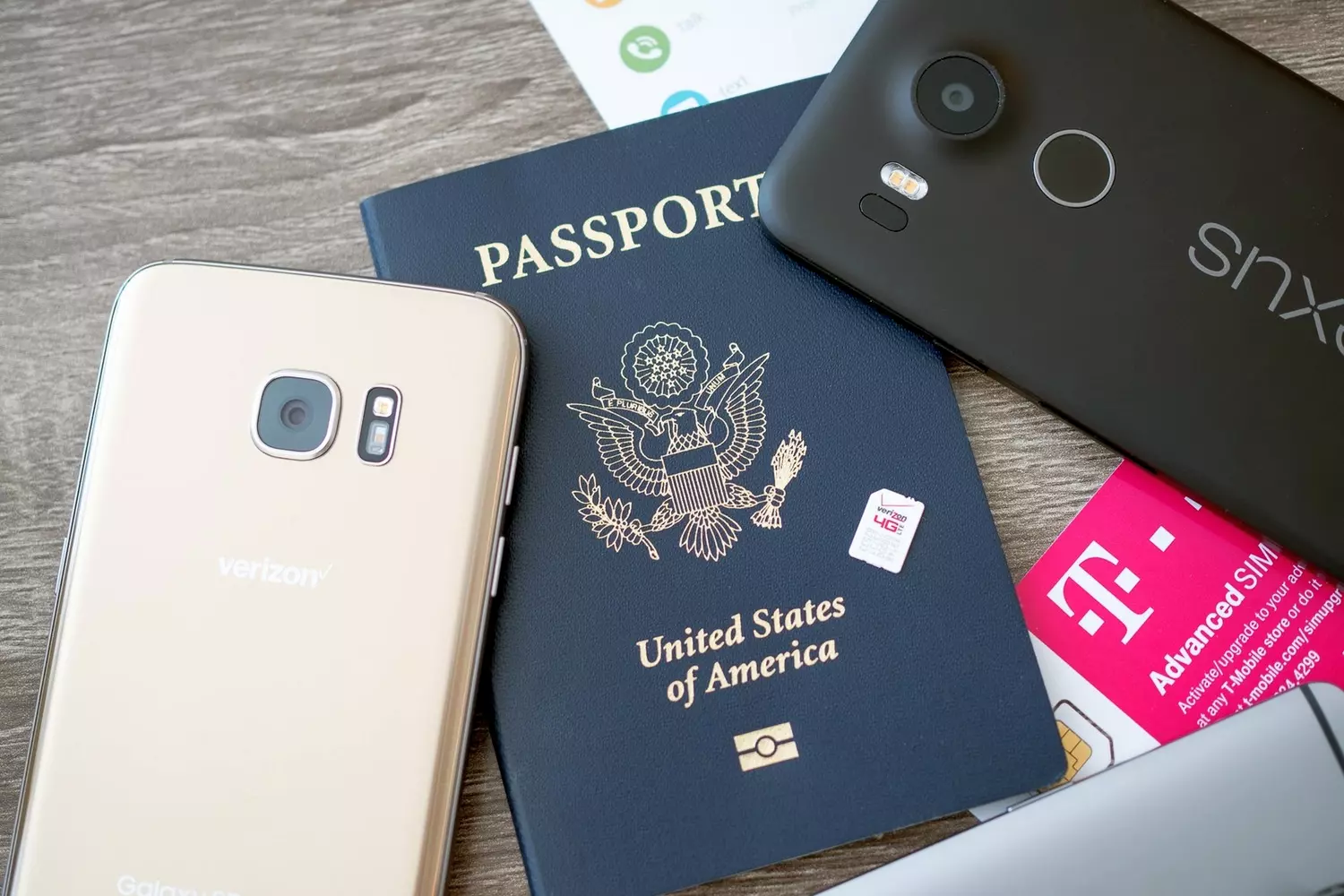
What’s the Deal with Contracts?
All mobile services in the USA are divided into those provided by contract or without. This is because two standards are used in America: CDMA (phones without SIM cards, everything is built-in) and GSM (phones with SIM cards, but often locked to one specific company). For long-term use, a person buys a phone along with a service package, signing a special agreement. In exchange for committing to use a specific operator for a set period, the subscriber receives bonuses. These might include reduced service costs, unlimited options (almost impossible without a contract), or discounts and installments for the phone itself.
This is where the story of "cheap iPhones in America" comes from. Many mobile operators offer to sell expensive models like the iPhone or other smartphones for a fraction of the price in exchange for two or three years of using their services. In reality, it’s an installment plan. Each monthly payment includes $25-35 toward the phone's cost.
Over two years, you will not only "buy" the phone at its market price but likely pay a bit more. Moreover, the phone may be locked to that provider's network, and even if you want to change providers after the contract ends, you’ll have to pay to unlock it. Even if you didn’t purchase the phone from the operator, breaking the contract early will cost you around $100-200. Contracts do have advantages, which we'll discuss later.

Main Mobile Operators in the USA
- AT&T
A giant in the mobile industry. It offers competitive rates and various service packages. AT&T is known for its innovations and investments in network infrastructure, including 5G technology. - T-Mobile
Known for its aggressive market approach, offering affordable rates and flexible terms. T-Mobile actively develops its 5G network and attracts customers with interesting promotions and bonuses. - Verizon Wireless
One of the largest operators in the USA, known for its quality of service and extensive network coverage. It’s an excellent choice for those needing reliable communication even in remote areas. Verizon offers a wide range of plans, from basic to unlimited. - Sprint
Recently merged with T-Mobile but continues to provide services under its own brand. Sprint offers budget plans and service packages aimed at thrifty users. - US Cellular
A smaller operator offering services mainly in rural and suburban areas. It provides stable communication and often offers favorable conditions for local residents.

Understanding Tariff Plans and Their Features
When choosing a mobile operator, it’s important to consider the available tariff plans. In the USA, there are several types of plans, among which the most common are:
- Prepaid Plans
These allow you to top up your balance as needed. They are ideal for those who don’t want to commit to long-term contracts. Prepaid plans are often more flexible and available without credit history checks. - Postpaid Plans
These require signing a contract for a certain period, usually from one to two years. Postpaid plans often include discounts on phones and additional services, such as streaming video or music. However, terminating a contract early can be difficult and costly. - Unlimited Plans
Suitable for those who actively use the internet and need a large amount of data. Such plans often include unlimited calls and SMS, as well as unlimited internet access. It’s important to note that after a certain amount of data is used, speed may be reduced. - Family Plans
These offer discounts when connecting multiple lines to one account. Family plans may include different service packages for each family member and can lead to significant savings.
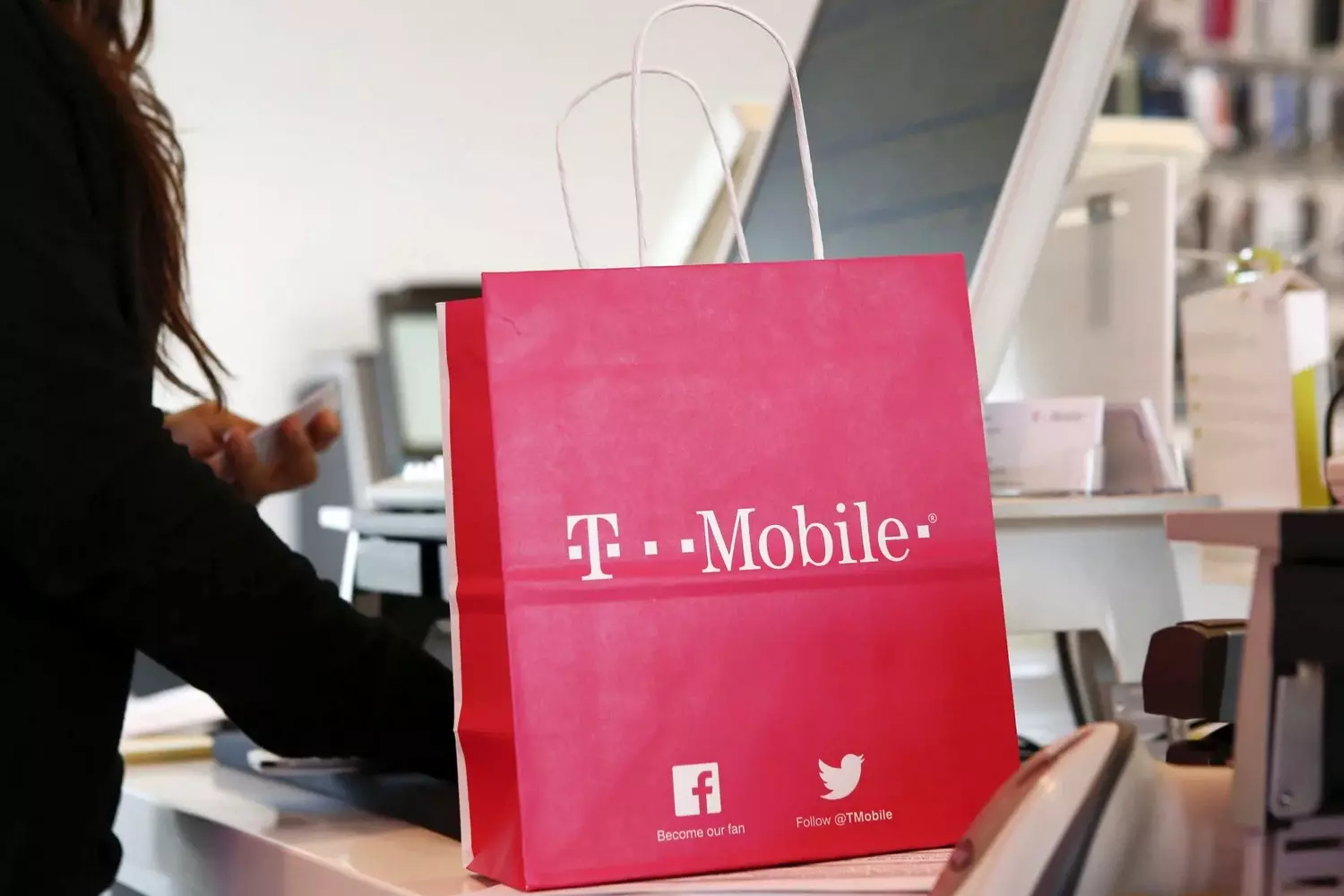
Guide for Tourists and Residents
For Tourist
Non-contract service means buying a SIM card and using it with limited resources. How limited? Let’s explore. If you're here temporarily, you don’t have much choice. To sign up for mobile service, you need a credit history, which you don’t have.
The rates of your home operator in roaming can be too high. For example, for Russians, it's around $2-9 per minute of talk time. Thus, you have to rely on non-contract options. You need to buy an American SIM card. As we've established, there are five major providers in the USA. Of course, these are not the only companies, and some offer cheaper services. However, it's better not to risk it, as signal coverage in America is uneven. Even the towers of large providers have gaps: for example, in Hawaii, central areas, and on the Pacific coast, the signal may be very unstable. If you want to stay connected in a foreign country, it's better to choose these brands.
Of the operators using the GSM format, which means selling SIM cards without a phone, only T-Mobile and AT&T work this way. Special SIM cards with phones are also available for tourists — these are simple cheap models for calls and messages. Both can be purchased at airports, supermarkets, mobile stores, or electronics stores.
Tariff Features
Now for the main point — prices. Almost all non-contract services operate on a prepaid system. This means you deposit a certain amount (usually around $35-50 depending on the package options) for a strictly limited set of services for a specific time — a certain number of minutes, messages, and internet traffic. Any use beyond the limit is charged separately and at a high rate. Incoming call minutes and messages also count against your package usage.
Usually, these plans offer "happy hours", a time when calls or internet are free. Typically, this is during nighttime or a few weekend hours. Ask about this when buying a SIM card. Also, if you exceed your limit, it might be cheaper to use payphones — there are still plenty of them in major cities. A minute of talk time costs about $0.25-0.5, which is cheaper than exceeding your mobile quota.
The Ivy League: A Comprehensive Guide to Prestigious US Universities
For Residents
If you’re moving for permanent residence and have a Social Security Number, both contract and non-contract options are available. Contract terms may be more beneficial if you actively use calls or mobile internet. To sign a contract with an operator, you must have a bank account and a positive credit history. Your score should not be below 600, but each provider sets its own threshold.
Contract plans offer more flexible options, but recently they’ve all moved towards unlimited calls and texts. Mobile internet works at high speeds within the limit, then continues but at reduced speeds. On average, these plans cost $45-65 per month. If you’re often in rural areas, Verizon is better — the price will be $10-15 higher, but the signal quality is consistent regardless of location.
Another way to save is through group plans, also known as family plans. When multiple users are connected under one contract, the price can drop to $35-40 per month per person. For example, T-Mobile has a plan with unlimited calls, texts, and 32 GB of high-speed internet for $35 if five people are connected under one contract.
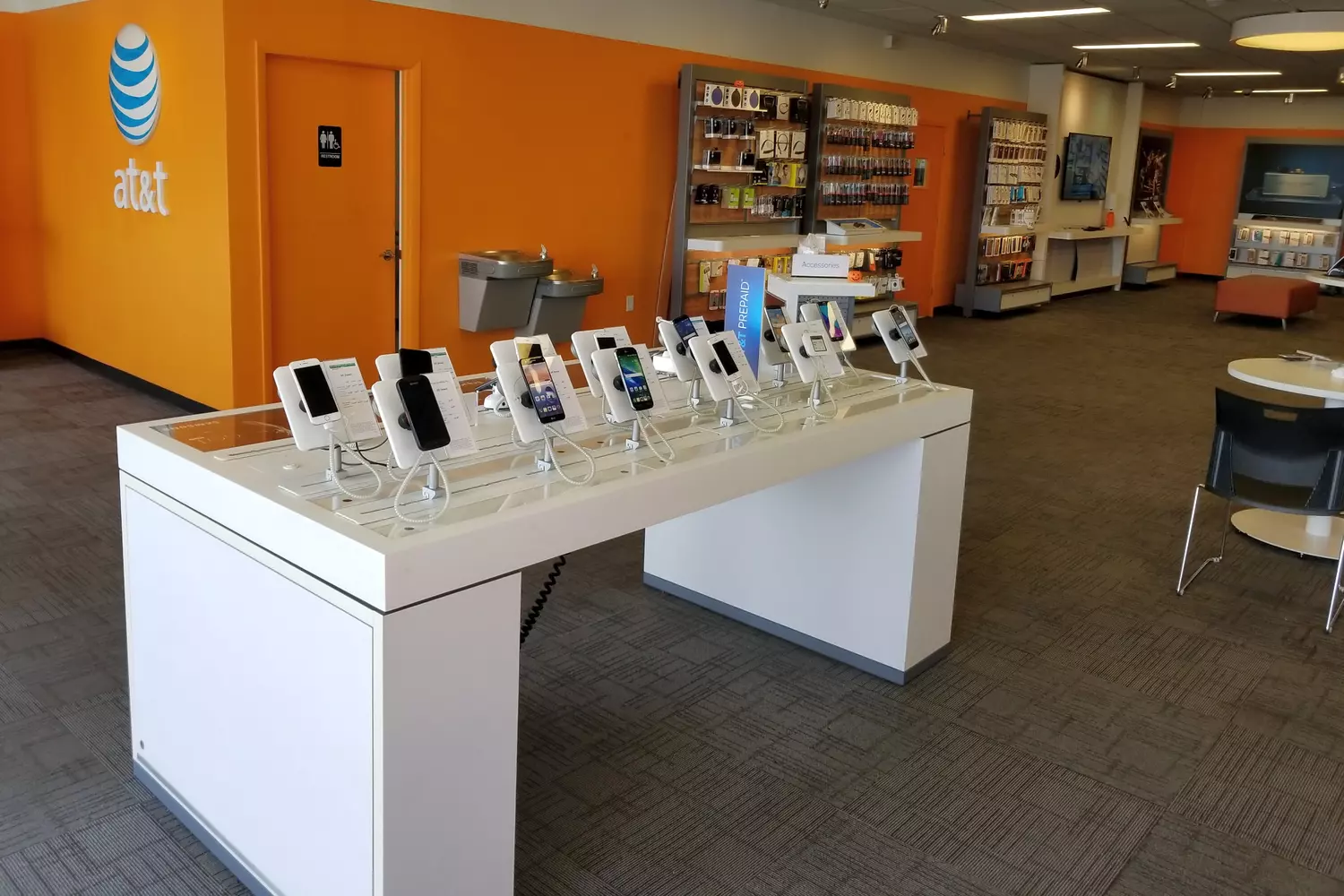
How to Choose the Best Plan
To choose the optimal mobile plan in the USA, consider several important factors:
- 01.Communication Needs
Determine how often and what you plan to use mobile communication for. If you primarily make calls and send SMS, a basic plan might suit you. If you use the internet a lot, consider unlimited plans. - 02.Network Coverage
Study the coverage map of operators in your region. Ensure that the chosen operator provides stable communication where you spend most of your time. - 03.Cost and Hidden Fees
Compare tariffs from different operators and ensure there are no hidden fees or charges. Some operators might charge extra for services not included in the basic plan. - 04.Additional Services
Find out what extra services operators offer. These could include discounts on new devices, free subscriptions to streaming services, or international calls. - 05.User Reviews
Check reviews from other users about the operator's service and quality. This will help you get a better idea of their reliability and service level.

Tips for Saving on Mobile Communication
- Look for Promotions and Discounts
Many operators regularly hold promotions and offer discounts on their tariffs. Keep an eye on updates on their websites and social media. - Join Family Plans
Combining several lines on one account can significantly reduce communication costs. Check the terms of family plans with your operator. - Use Prepaid Plans
Prepaid plans might be more economical, especially if you don’t use a lot of data. - Optimize Data Usage
Turn off automatic app updates and use Wi-Fi whenever possible to reduce mobile internet consumption. - Check Monthly Bills
Regularly review your mobile bills for extra charges and adjust your plan as needed.
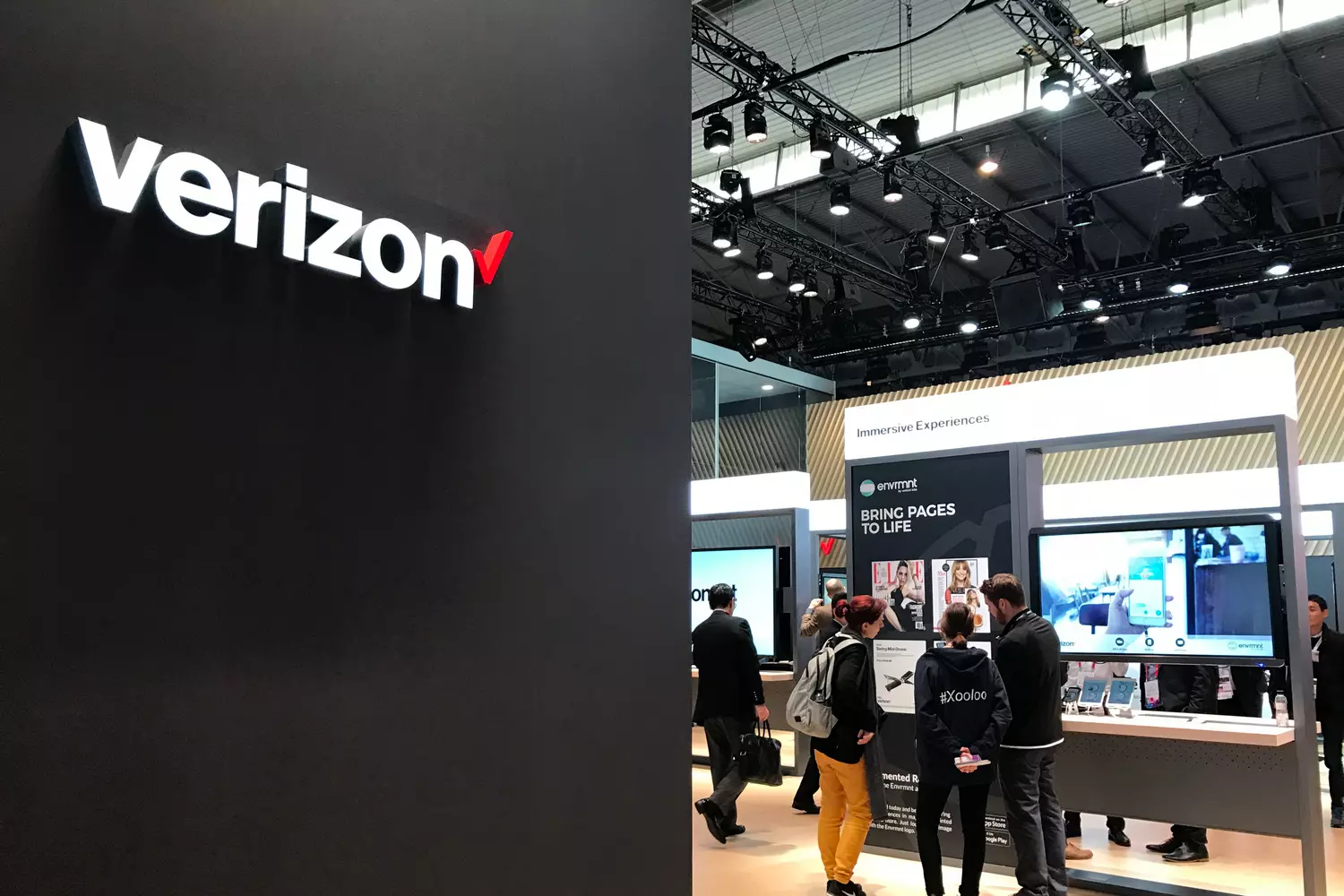
If you have questions about the American mobile communication system, the experts at American Butler are here to help. Write to us in the chat window or contact us any way that is convenient for you. We live in the USA and know everything about this country. Our experience helps us organize unforgettable tours and assist with relocations for everyone interested.
Stay connected with us, and you won’t lose connection in America!




































